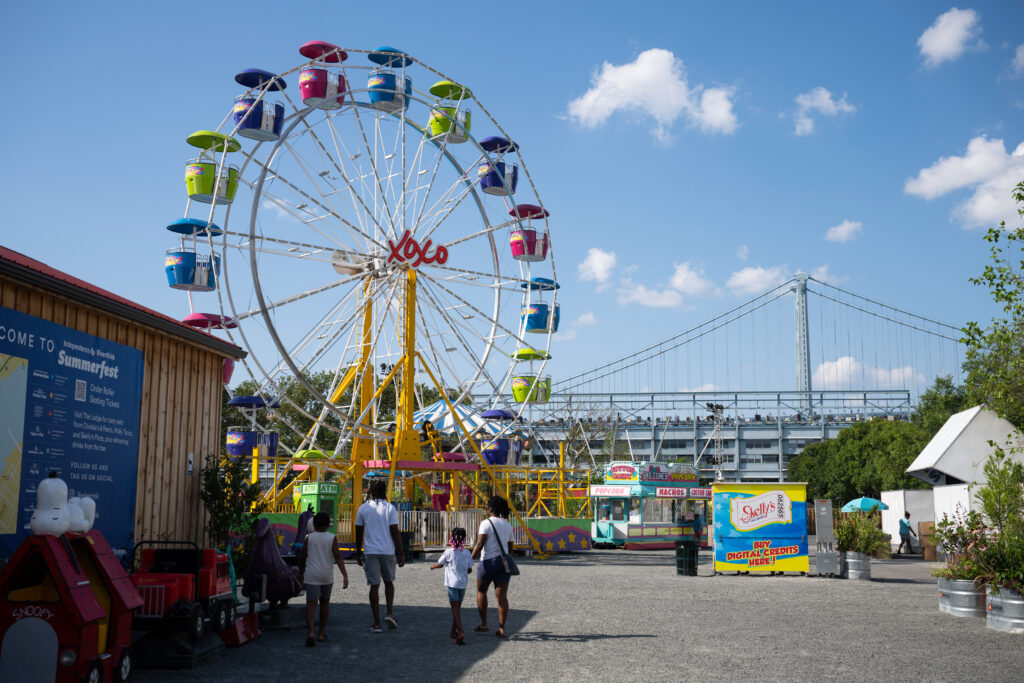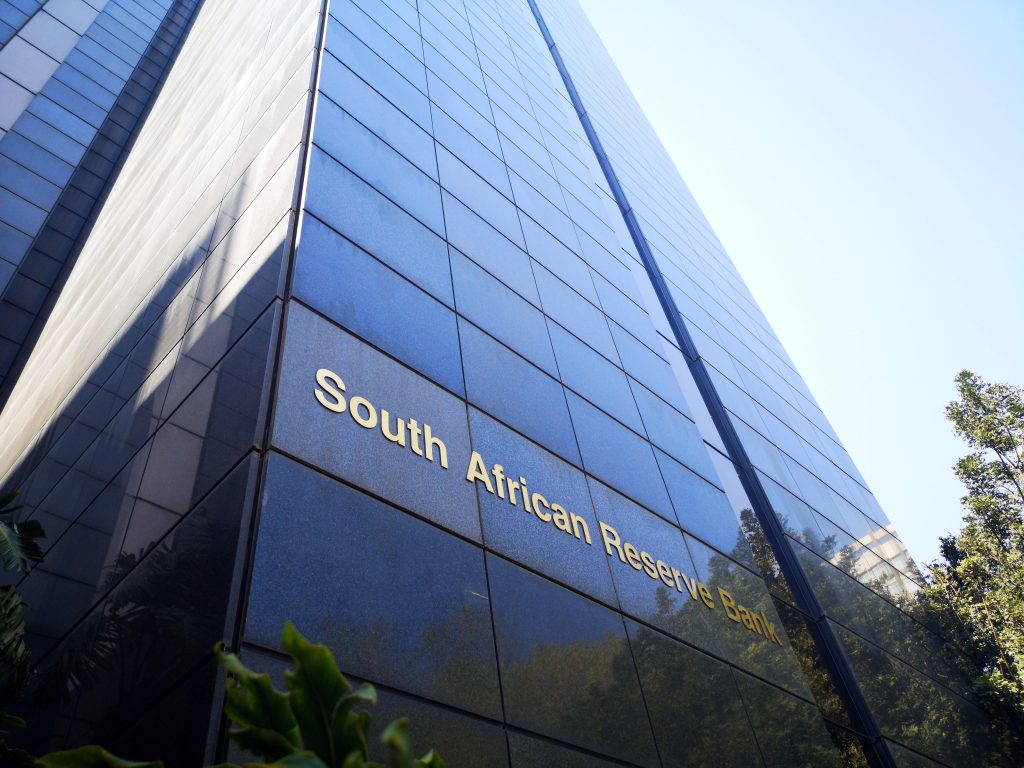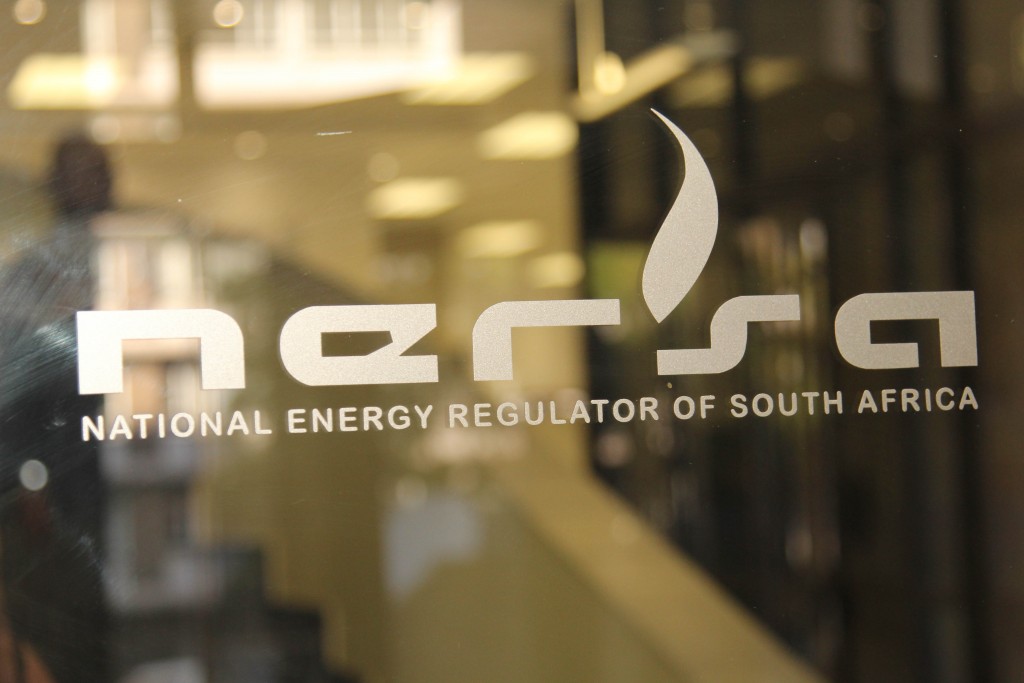You can also listen to this podcast on iono.fm here.
JEREMY MAGGS: Now, it would seem that Johannesburg’s landfill system is potentially on the brink of collapse. The closure of the Marie-Louise site to general waste, a fire at Robinson Deep, and looming shutdowns at Ennerdale and Goudkoppies are not just threatening the city’s waste management, but are also threatening the livelihoods of thousands of reclaimers who have kept these sites alive for decades.
With little warning and despite court rulings and government guidelines meant to protect workers, many reclaimers are now facing losing everything. I’m in conversation now with Luyanda Hlatshwayo, leader in the African Reclaimers Organisation. Let’s talk a little bit about what exactly is at stake. Luyanda, a very warm welcome. So maybe let’s start with the Marie-Louise site. What exactly happened?
LUYANDA HLATSHWAYO: Well, officially, the officials have told us that the landfill has reached its capacity, and it can no longer receive any other waste, general waste. It can only receive construction waste, which is a problem for us as workers because we survive in terms of waste such as plastic or paper and recyclables.
The closure actually says there are no more jobs for us.
The biggest problem for us is the unwillingness of the city and Pikitup to properly prepare for such activities. We all know that all landfills are supposed to be closed. The city is supposed to be coming up with other options, either incineration or whatever, but the problem is they are not doing it.
Read: Waste pickers create their own recycling centre
They are literally waiting for the landfills just to be full, then finding the problem, finding a solution when the problem comes. That is the basic problem facing reclaimers right now, we can’t work, but it will face the rest of the city in a couple of months.
JEREMY MAGGS: Let’s talk about that consequence in just a moment. But I’m interested to know why you believe the city and also Pikitup are pushing ahead, despite previous court rulings on landfill closure.
LUYANDA HLATSHWAYO: There was a plan, in the Pikitup business plan, between 2025 and 2026, there was a budget allocated for Marie-Louise to extend the lifespan through other interventions, from buying alternative land to continue landfilling, and for increasing the lifespan of the landfill.
ADVERTISEMENT
CONTINUE READING BELOW
Read: Living off garbage at the bottom of world’s most unequal nation [May 2019]
All of that was not done. The issue of Marie-Louise has been endorsed from 2017. We all knew that Marie-Louise was going to close, there was a budget allocated to make sure that there were interventions, but those interventions were not done.
JEREMY MAGGS: Pikitup says it’s running out of space. Do you think this is a crisis about capacity, or do you think it’s about a broader move to privatisation?
LUYANDA HLATSHWAYO: I strongly believe it’s the problem of privatisation because there was a plan of incineration that was actually supposed to be happening at Robinson Deep. But it’s no longer in construction. Construction stopped in April, and the five public landfills have so much waste, and you can’t sit down and wait for them to just fade away.
So the plan of privatisation is also in the business plan of Pikitup 2025/2026. So literally the urgency is not there because there is a plan of privatisation. We are not saying privatisation is wrong. We are saying there is supposed to be a consultative process because it’s our waste, it’s our city.
Read: Johannesburg is threatening to sideline informal waste pickers [May 2021]
There are people working there and if the taxpayers’ money is going through privatisation, it might have an effect on us because now you are also privatising our jobs, and how do we get included in that?
Now, in the guidelines and in the process of the waste picker integration, it clearly states that an alternative social plan has to be put in place when these landfills close. Those are documents that were written five years back, and the city had five full years to sit down and engage with all stakeholders on how do we create a social plan for all workers when that happens? How do we create an alternative plan when the landfills close? But they failed to do that, even if there was a budget. Nothing happens.
JEREMY MAGGS: So explain to me then, what the African Reclaimers Organisation is demanding right now, from the city and from Pikitup.
LUYANDA HLATSHWAYO: I think, firstly, it’s an immediate solution to make sure that the workers are able to earn a living. That is basically saying reopen landfills. Why are we saying that? They gave us a memo a couple of days back saying, saying that on 1 September, which was yesterday, the landfill is not going to be receiving general waste.
ADVERTISEMENT:
CONTINUE READING BELOW
Listen/read: SA landfills: A crisis of compliance and environmental risk [Dec 2024]
Then immediately the landfill at Robinson Deep starts burning and they just reopen like that. If the landfill is truly closed because it’s full, then why would they make a decision again of getting extra waste to come from Robinson Deep and take it to Marie-Louise? So I fail to believe that the landfill is closed. They are intentionally wanting it to be closed.
JEREMY MAGGS: Are you able to outline for me what environmental risks you believe the city’s current plans create for residents?
LUYANDA HLATSHWAYO: If you can’t, number one, be able to dispose, what will happen if two weeks of waste stays in your yard? That is direct. But on a bigger scale, the mismanagement of landfills is very big. The issue is that when a landfill is burning, that is methane coming out into the environment. We’ve had that experience before in Roodepoort, in a depot where local people in about five to six kilometre radius, when the landfill burned, people started getting headaches. People started getting sick. This is here in Johannesburg, in Roodepoort, it happened and it is a health hazard.
Read: From trash to power … [Dec 2023]
Plastic, when it burns, it creates methane. That’s fumes coming into our bodies. Now imagine five landfills that are not properly managed. Imagine an incinerator. Imagine the problems that continue coming because the city is failing to engage the people who are being affected by the problems.
So it is a major problem. Privatising is a problem. Because now if you take all the waste and you take it to a private company, all the money that we are paying to manage the waste is actually going to one company.
The city does have resources to create its own landfills. Why do we need to actually go to a private entity?
A private entity for us is privatising our jobs, which means we are not able to work.
JEREMY MAGGS: Well, we will reach out to the city authorities and to Pikitup to get their response. I’ve been in conversation with Luyanda Hlatshwayo, leader in the African Reclaimers Organisation.
Follow Moneyweb’s in-depth finance and business news on WhatsApp here.

 18 hours ago
1
18 hours ago
1





















 English (US) ·
English (US) ·